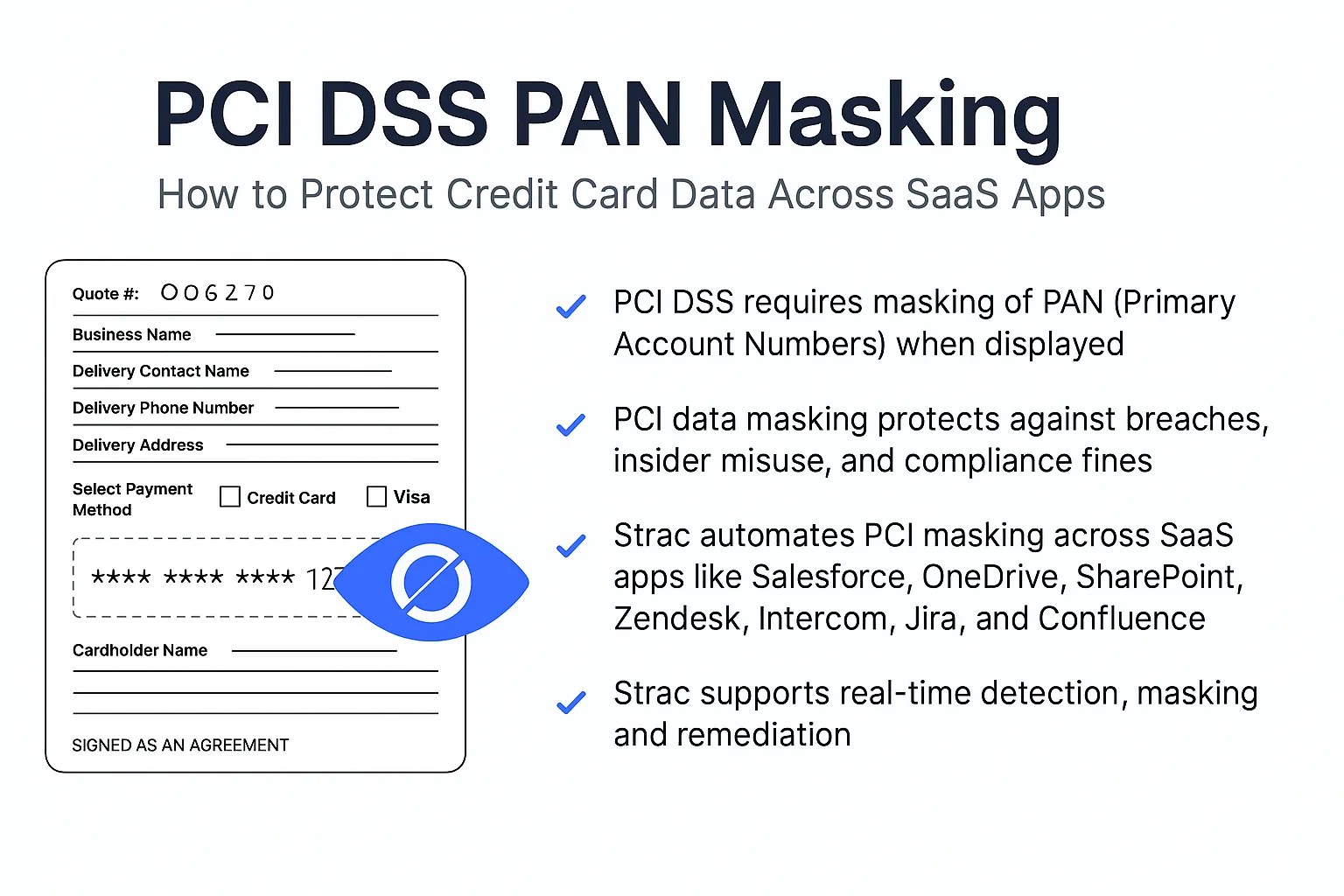Sensitive Personally Identifiable Information, or Sensitive PII, refers to specific types of personal data that, if disclosed, could cause harm to an individual. Sensitive PII includes information that uniquely identifies an individual and could lead to identity theft, financial loss, discrimination, or other serious impacts.
Sensitive PII Examples
- Social Security Number (SSN): Used for tax and identification purposes.
- Financial Information: Bank account numbers, credit card details.
- Biometric Data: Fingerprints, face recognition data, or voice patterns.
- Medical Information: Details related to health conditions, diagnoses, or medical treatments.
Why It Matters: Sensitive PII is highly protected by laws and regulations (such as GDPR in Europe and HIPAA in the U.S.) due to the potential consequences if it is exposed. Organizations that handle Sensitive PII need robust security measures to prevent unauthorized access and data breaches.
SPII vs. PII: What’s the Difference?
PII (Personally Identifiable Information): PII is any data that can identify an individual, either directly or indirectly. This can include simple identifiers like a name, phone number, or email address, which may not always be considered sensitive but still require careful handling to protect privacy.
Sensitive PII (SPII): SPII is a subset of PII with a higher level of risk if exposed. SPII includes data that could harm an individual if breached, such as Social Security Numbers, financial information, and health records.
Key Differences:
- Risk Level: SPII poses a greater risk if compromised, making it subject to stricter data protection standards.
- Examples: Regular PII might include a phone number or email, while SPII includes sensitive identifiers like biometric data, financial account details, and health information.











.webp)














.webp)


